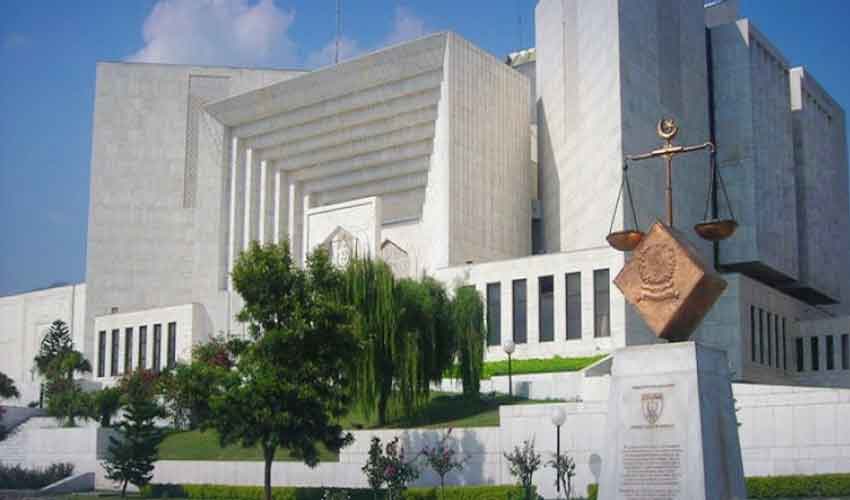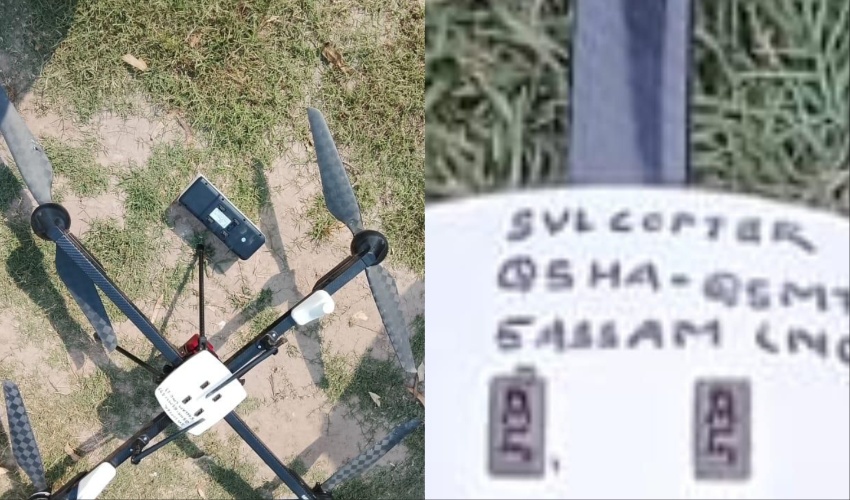Attorney General (AG) Mansoor Usman Awan during a Supreme Court hearing on the case regarding the determination of hearing authority for judicial benches raised objections over the appointment of judicial assistants.
A two-member bench comprising Justice Mansoor Ali Shah and Justice Aqeel Abbasi is presiding over the matter, which has sparked debate on judicial independence and procedural authority.
The AG contended that the judicial assistants appointed in the case are also lawyers challenging the 26th Constitutional Amendment.
He further argued that the court’s jurisdiction in contempt cases is limited and suggested a written statement be submitted on the show-cause notice.
Justice Mansoor Ali Shah remarked that the case was unrelated to the 26th Amendment, adding, “If they start fearing themselves, then it is a different matter.” He also dismissed the AG’s objections, emphasizing that the judicial assistants’ appointments aimed to facilitate fair proceedings.
The court appointed two additional judicial assistants, Khawaja Haris and Ahsan Bhawan, joining Munir A. Malik and Hamid Khan.
Malik, appearing via video link, argued that a judicial order could only be replaced by another judicial order and that administrative orders cannot overrule them.
Justice Mansoor questioned whether such an order could be issued in a contempt case, to which Malik responded, “This issue must be resolved permanently as it pertains to judicial independence.”
The AG refrained from suggesting names for judicial assistants, instead smiling at the court’s remarks.
He maintained that the matter of contempt falls solely between the court and the alleged offender, highlighting concerns over procedural overlap.
The court also heard arguments from Lawyer Shahid Jamil, who pointed out irregularities in bench formations and changes mid-case. Justice Mansoor acknowledged the concern, stating, “Once a case is underway, it cannot be retracted or reassigned arbitrarily.”
The hearing touched on the role of the Practice and Procedure Committee, with differing opinions on whether it could intervene in bench formations. Malik underscored the need for clarity, emphasizing that constitutional matters require adherence to judicial principles.
The court directed Nazar Abbas, a judicial officer involved in the case, to submit a written response by the next hearing. The case has been adjourned until tomorrow, as deliberations continue over the critical issue of judicial bench authority and procedural consistency.



























